Imani Perry discusses her return to her Southern home in Alabama with fresh eyes, weaving in the stories of the good-tempered with a darker history.
Read more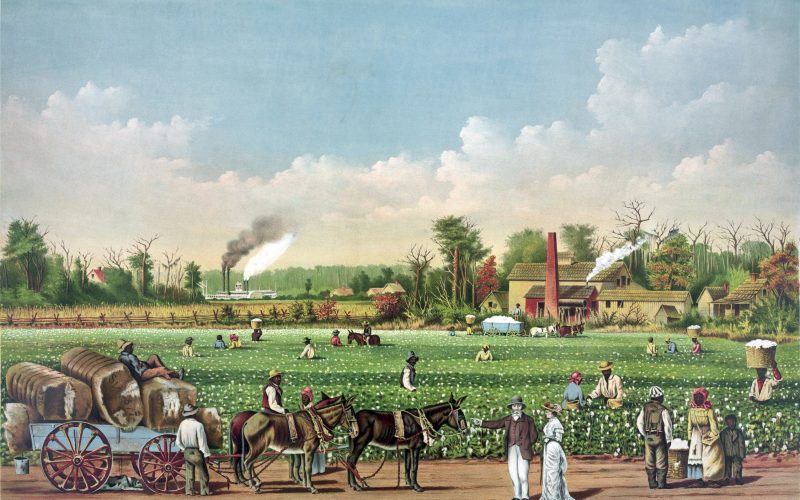


Imani Perry discusses her return to her Southern home in Alabama with fresh eyes, weaving in the stories of the good-tempered with a darker history.
Read more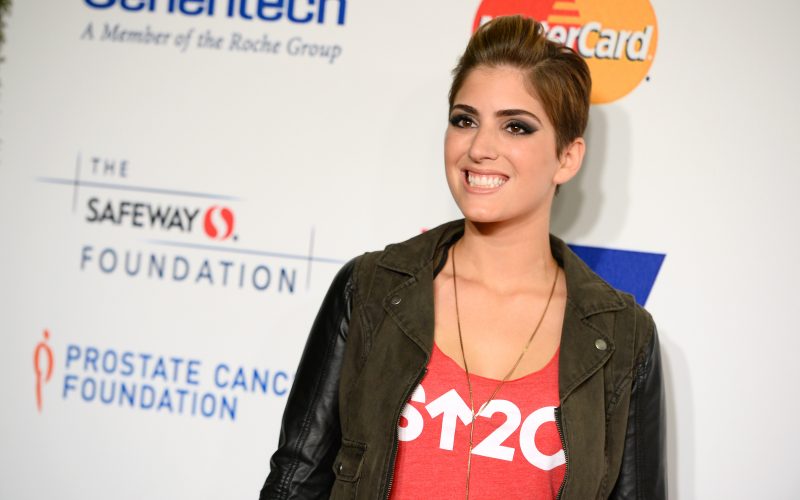
Suleika Jaouad joins us to talk about the cancer that left her fighting for life at a young age and how she’s reimagined what the future holds now that she’s cancer-free.
Read more
Daphne Palasi Andreades discusses her new novel, where five daughters of immigrants become friends for life but are tested when views on ambition, loyalty and class begin to diverge.
Read more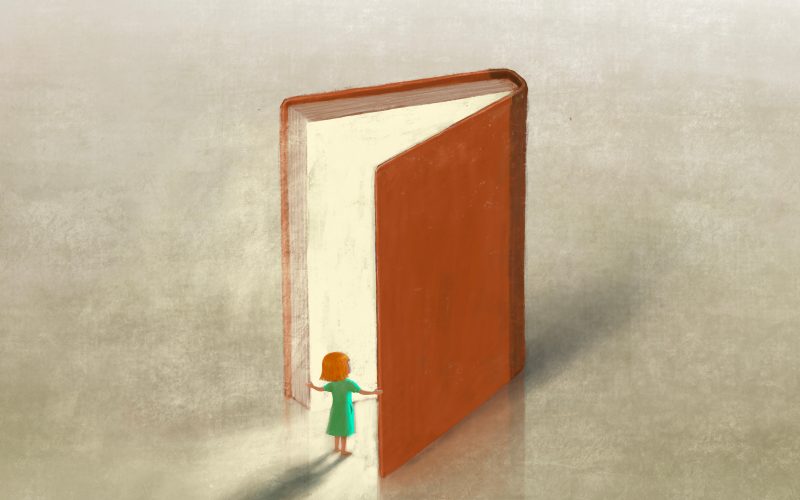
Kate Cohen considers why naming books as illicit increases demand, and why that means the written word still resonates with today’s youth.
Read more
Author Jessamine Chan discusses her novel “The School for Good Mothers,” which focuses on a Big Brother-like future in which perfect parenting is judged by the state.
Read more
Science journalist Catherine Price discusses her definition of true fun and why she feels it can lead us to happier, more fulfilling lives.
Read more
Author Brendan Nicholaus Slocumb joins us to talk about his novel, a thriller called “The Violin Conspiracy.”
Read more
Essayist B.D. McClay joins us to discuss the many phases of a friendship, from joy to loss, using touchstones from classic stories.
Read more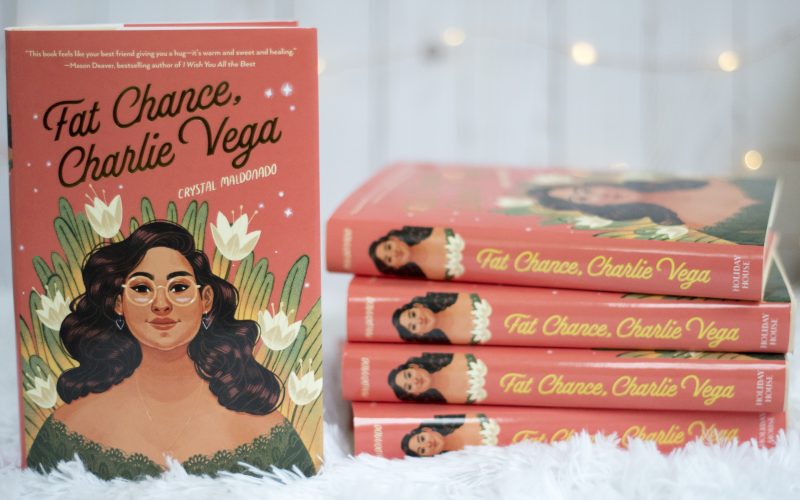
Author Crystal Maldonado joins us to discuss her YA novel about a young woman dealing with the typical subjects of boys and friends, but also a deepening understanding of how she’s viewed by the outside world.
Read more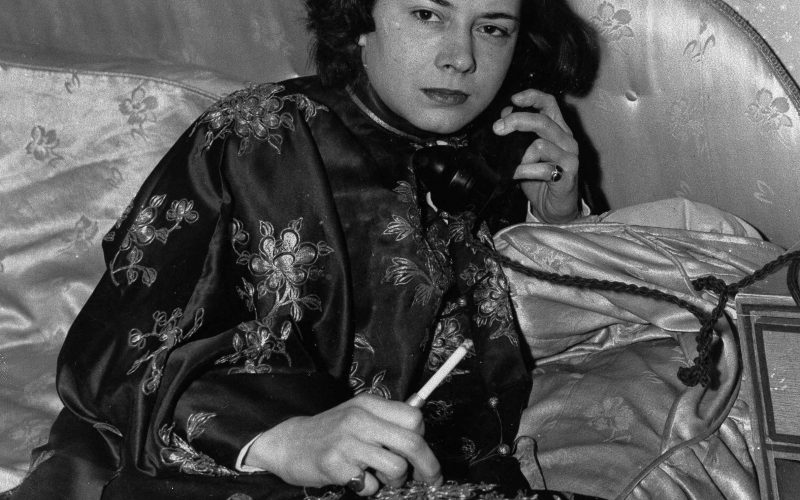
Anna von Planta was Highsmith’s primary editor for the later part of her life, and she joins us to discuss Highsmith’s literary legacy, as well as her private life, which was often marked by controversy.
Read more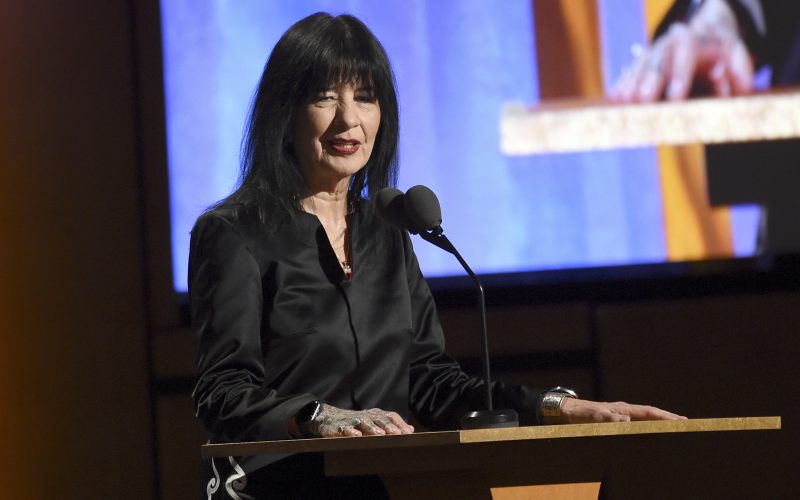
The member of the Muscogee (Creek) Nation joins us to discuss how she reckons with the loss of ancestral homelands, her personal story, and the rituals that provide her with inspiration.
Read more
Author and educator Liza Wiemer joins us to talk about her YA novel featuring students who must use Nazi propaganda in a debate, the courage it takes for two teenagers to confront anti-Semitism, and the real-life examples the author drew from.
Read more